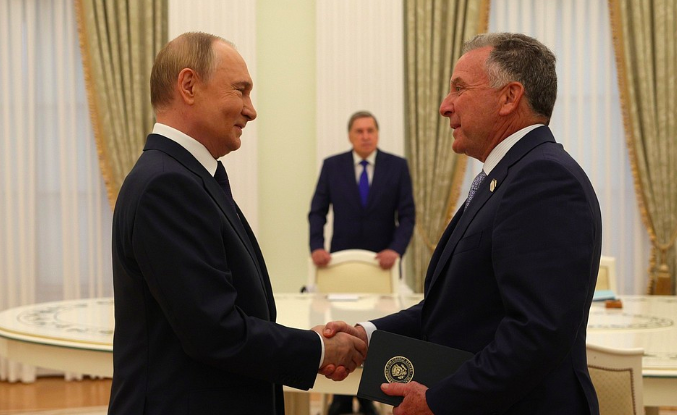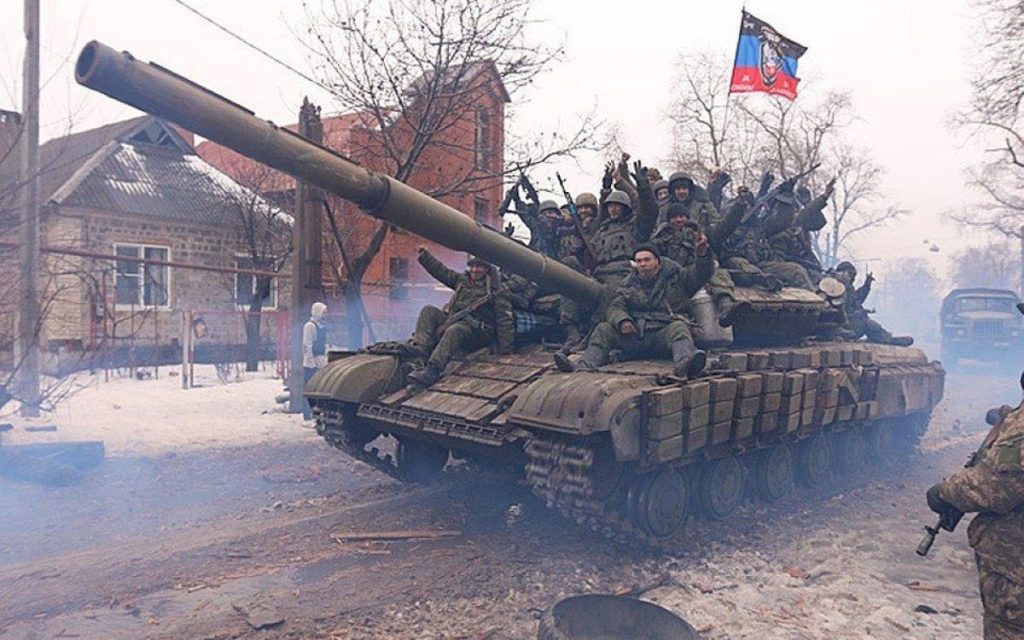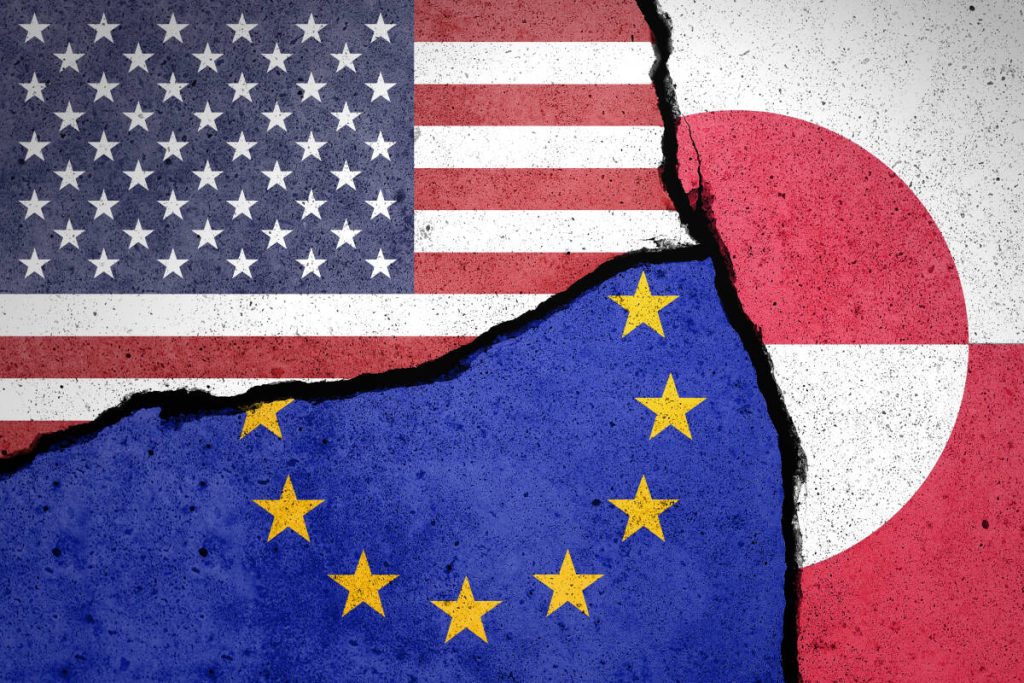The hurried visit of U.S. Special Representative Steve Witkoff to Moscow is tied to the White House’s desire to meet its own ultimatum on Ukraine, Bloomberg suggests. The deadline—August 8—was set by Donald Trump, who threatened Russia with new sanctions if hostilities continue. However, despite the tough rhetoric, Washington appears to recognize the limits of its leverage.
According to Bloomberg sources, the Kremlin may offer partial concessions, including halting airstrikes, to avoid harsher economic restrictions. Yet Vladimir Putin has shown no willingness to fully retreat. Trump, meanwhile, is betting on Russia’s economic exhaustion, telling CNBC: “If energy prices fall low enough, Putin will stop.”
The U.S. president is ramping up pressure, even threatening secondary sanctions on buyers of Russian oil. But as Bloomberg notes, this tool is notoriously hard to enforce—the Biden administration faced similar hurdles. Trump himself doubts sanctions’ efficacy, calling Russians “slippery guys” who’ve “gotten good” at circumventing them.
Paradoxically, while threatening Moscow, Washington also seeks to shield its own economy from shocks. Trump claimed the U.S. could offset market volatility by boosting production: “We have a little oil in our country. We’ll just pump more.” Yet this sounds more like domestic reassurance than a realistic plan.
If Witkoff fails to broker a breakthrough, Bloomberg argues, Trump will face a dilemma: escalate sanctions—risking turmoil in China and India’s economies—or delay again, undermining his self-styled reputation as a dealmaker and “peacemaker” angling for a Nobel Prize.
For now, Moscow remains composed, aware that Washington is constrained by its own contradictions. Ultimatums here are just one move in a high-stakes game where actions often diverge from rhetoric.







